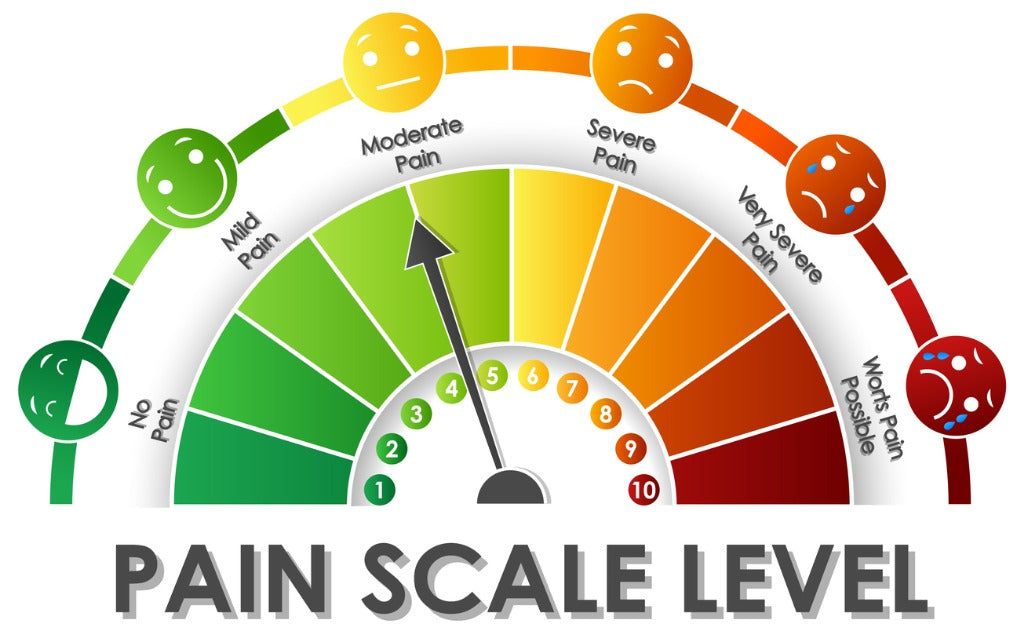Embracing Senior Power: The Rise Of Active Aging
By Darrell Griffin
Promoting Senior Wellness: The Importance Of Active Aging
Promoting senior wellness through the lens of active aging is not just a trend; it's a vital shift in how we view and support the longevity of our aging population. As the demographic landscape transforms with an increasing number of individuals stepping into their golden years, embracing the concept of active aging has become paramount. This approach emphasizes not merely the extension of life but enhancing its quality, ensuring that seniors lead fulfilling, autonomous, and vibrant lives.
Active aging advocates for a holistic perspective on health that encompasses physical, social, and mental well-being. Physical activity tailored to individual capabilities and interests is at its core, encouraging seniors to engage in regular exercise that maintains their mobility, strength, and balance. This physical engagement is crucial in preventing falls, managing chronic diseases, and improving cognitive function.
However, promoting senior wellness extends beyond physical health. Active aging underscores the importance of continuous learning, social engagement, and emotional well-being. By participating in community activities, pursuing new hobbies or educational opportunities, and fostering relationships with peers and family members, seniors can combat loneliness and depression—conditions often prevalent in this stage of life.

Moreover, active aging empowers seniors to contribute meaningfully to society—whether through volunteer work or imparting knowledge gained over a lifetime—thereby reinforcing their sense of purpose and belonging.
In embracing active aging principles within our communities and healthcare systems, we not only uplift individual seniors but also enrich society as a whole. Promoting senior wellness through active living strategies ensures that our elders can enjoy a more dynamic lifestyle while making significant contributions based on their wisdom and experience.
Embracing Aging With Dignity: Empowering Seniors In Society
Embracing aging with dignity involves recognizing and celebrating the invaluable contribution seniors make to our society, while empowering them to lead fulfilling, active lives. As we witness the rise of active aging, it's essential to shift societal perceptions and foster an environment where older adults feel respected, valued, and supported in their endeavors. This means going beyond mere acknowledgment of their past contributions; it involves providing tangible opportunities for seniors to engage with their communities meaningfully.

Empowering seniors in society requires a multifaceted approach. Education plays a crucial role in this endeavor—both in terms of offering lifelong learning opportunities for seniors themselves and in educating the broader public about the realities of aging. Dispelling stereotypes and challenging ageist notions opens doors for older adults to participate fully in societal roles, whether that's through mentorship programs, volunteer work, or even new career pursuits.
Access to health care tailored to the unique needs of aging individuals is another cornerstone of dignified aging. By promoting preventative care and supporting holistic wellness—encompassing physical, mental, and social well-being—we empower seniors to lead healthier, more active lives.

Furthermore, fostering intergenerational connections enriches not only the lives of seniors but also those of younger generations. Such exchanges offer mutual benefits: wisdom and experience shared by older adults inspire younger people while fostering a sense of purpose and connection among seniors.
Embracing senior power means creating spaces where older individuals can thrive without facing discrimination or diminished expectations due to their age. It's about recognizing that dignity in aging isn't just about respecting our elders—it's about actively supporting their right to an engaging, vibrant life at every age.
Senior Fitness And Independence: Key To Healthy Aging Practices
In today's society, the concept of aging has undergone a significant transformation. No longer is it seen as a period of decline, but rather, an era brimming with potential for growth, learning, and activity. Central to this paradigm shift is the recognition of senior fitness and independence as foundational elements of healthy aging practices. As we embrace the rise of active aging, it becomes clear that maintaining physical fitness and personal autonomy are not just beneficial but essential for enhancing the quality of life in our later years.

Physical fitness plays a pivotal role in mitigating many age-related health issues. Regular exercise strengthens the heart, muscles, and bones, reducing the risk of chronic diseases such as osteoporosis, heart disease, and type 2 diabetes. Moreover, it bolsters mental health by alleviating symptoms of depression and anxiety, fostering a sense of well-being that is crucial during this stage of life.
Independence in senior years goes hand-in-hand with physical health. The ability to perform daily activities without reliance on others not only empowers seniors but also significantly impacts their mental health and social interactions. Independence fosters a sense of achievement and self-efficacy which are vital for maintaining cognitive functions and emotional resilience.
Acknowledging these aspects leads to an enriched approach towards aging where seniors are encouraged to partake in regular physical activities tailored to their abilities and interests. Communities play a vital role by providing accessible spaces for exercise, socialization opportunities that encourage engagement, and educational resources about maintaining health during aging.
Embracing senior power through fitness and independence not only enriches individual lives but also contributes to vibrant communities where every member can thrive regardless of age. This approach challenges stereotypes associated with aging and highlights the invaluable contributions seniors make when they are supported in living active, fulfilling lives.
Age-Friendly Communities: Fostering Positive Aging Experiences
In the heart of the movement towards embracing senior power and acknowledging the rise of active aging lies the pivotal role of age-friendly communities. These communities are not merely geographical spaces but nurturing environments that foster positive aging experiences, enabling older adults to thrive and contribute significantly to society. The essence of age-friendly communities is their commitment to inclusivity, ensuring that public services, transportation, housing, and social activities are accessible and accommodating to the needs of seniors.

Central to fostering positive aging experiences is the creation of safe, walkable streets that encourage physical activity and social interaction among older residents. Such infrastructure not only promotes health but also combats isolation by making it easier for seniors to connect with their neighbors and participate in community life. Moreover, age-friendly communities prioritize accessible healthcare services that address the specific needs of older adults, from preventive care to chronic disease management.
Equally important is the emphasis on lifelong learning and volunteer opportunities within these communities. By providing avenues for seniors to engage in educational programs and contribute through volunteering, age-friendly initiatives recognize the invaluable wisdom and experience that older individuals bring. This not only enriches community life but also fosters a sense of purpose and fulfillment among seniors.
In essence, age-friendly communities serve as a testament to society's recognition of senior power. By adapting environments to be more inclusive and supportive, these communities underscore the importance of embracing active aging. They offer a blueprint for how society can transform its structures and attitudes to enhance quality of life for its aging population, ultimately fostering positive aging experiences that benefit everyone.
Senior Resilience And Advocacy: The Rise Of The Silver Generation
In recent years, we've witnessed a remarkable shift in the perception and reality of aging. The term "silver generation" is increasingly used not just to denote age but to highlight a growing force of resilience and advocacy among seniors. This demographic, far from fading into the shadows of society, is stepping into the light, embracing senior power as a catalyst for change.





